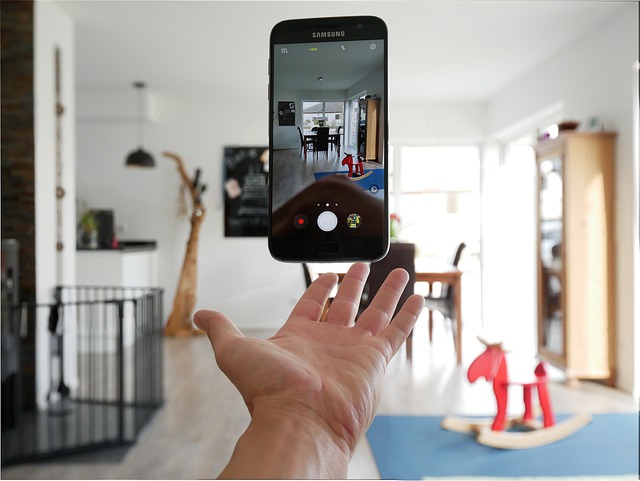Benefits of Emerging Technologies in Real Estate

Real estate is widely regarded as one of the last industries to embrace technology. Realtor lock boxes that facilitated home showings were once viewed as cutting edge. Now, many homes are being purchased sight unseen, something previous generations would have regarded as ludicrous.
Baby Boomers liked to kick the tires before purchasing a vehicle and some even wanted to crawl beneath a house to check for any structural issues and signs of termites before making the purchase, believing their own eyes over even a home inspector. The industry has been changing incrementally for decades. Before long, home inspections became commonplace and a certification process for inspectors was established in the industry.
Progress is inevitable, even in the most archaic industries.
What would grandparents and great grandparents think of how the most major purchase in a lifetime is conducted today? The hands-on/show-me, Silent Generation would likely be baffled at the advances.
Yet, some of the new technology can actually help provide a realistic idea of what a home is like. People can “visit” the home from thousands of miles away.
The move to digitalization and the recent push to both research and sometimes purchase homes online, has opened the door to new companies and a better consumer experience.
In many aspects, the new technology that is now hitting the real estate market could be defined as a tidal wave. And in the ever-changing and expanding market further opened up by the pandemic, it is best for those in the industry to get on-board and ride the wave.
Experts agree: the digitalization of real estate is experiencing incredible growth due to new generation technologies.
“At this point, we can notably anticipate technologies such as Blockchain, artificial intelligence search, 3-D and VR tours to take over,” Adam Redolfi with Barnes International Realty told Forbes. “These tools, which were considered as emerging a short while ago are now solid differentiators and ‘must have’ for many real estate professionals as more and more sales occur without the client seeing physically the property and we can anticipate that this movement will grow exponentially.”
Blockchain is revolutionizing, well, everything – and companies and countries are having to make big decisions on if they will embrace it.
Euromoney concisely explains the complexities of what Blockchain is and how it works. Basically, Blockchain is a system of recording information that is nearly impossible to hack, change or cheat, a feature that was missing from earlier attempts at digital currency.
According to the article: A blockchain is essentially a digital ledger of transactions that is duplicated and distributed across the entire network of computer systems on the blockchain. Each block in the chain contains a number of transactions, and every time a new transaction occurs on the blockchain, a record of that transaction is added to every participant’s ledger. The decentralised database managed by multiple participants is known as Distributed Ledger Technology (DLT).
As for Artificial Intelligence (AI) uses in real estate, the latest version of AI uses “sophisticated algorithms and predictive analytics to make educated guesses about future behavior,” thus facilitating sales and streamlining the process to happy home ownership.
3-D and VR tours also allow for potential buyers to experience the home without having to purchase flights or take any time off of work to view it.
The previously tedious home purchasing process is becoming streamlined and more transparent thanks to emerging technology.
Who knows, maybe the Silent Generation would have embraced it. Perhaps the Baby Boomers will, but their children and their grandchildren most definitely are.
Would you like to receive similar articles by email?





